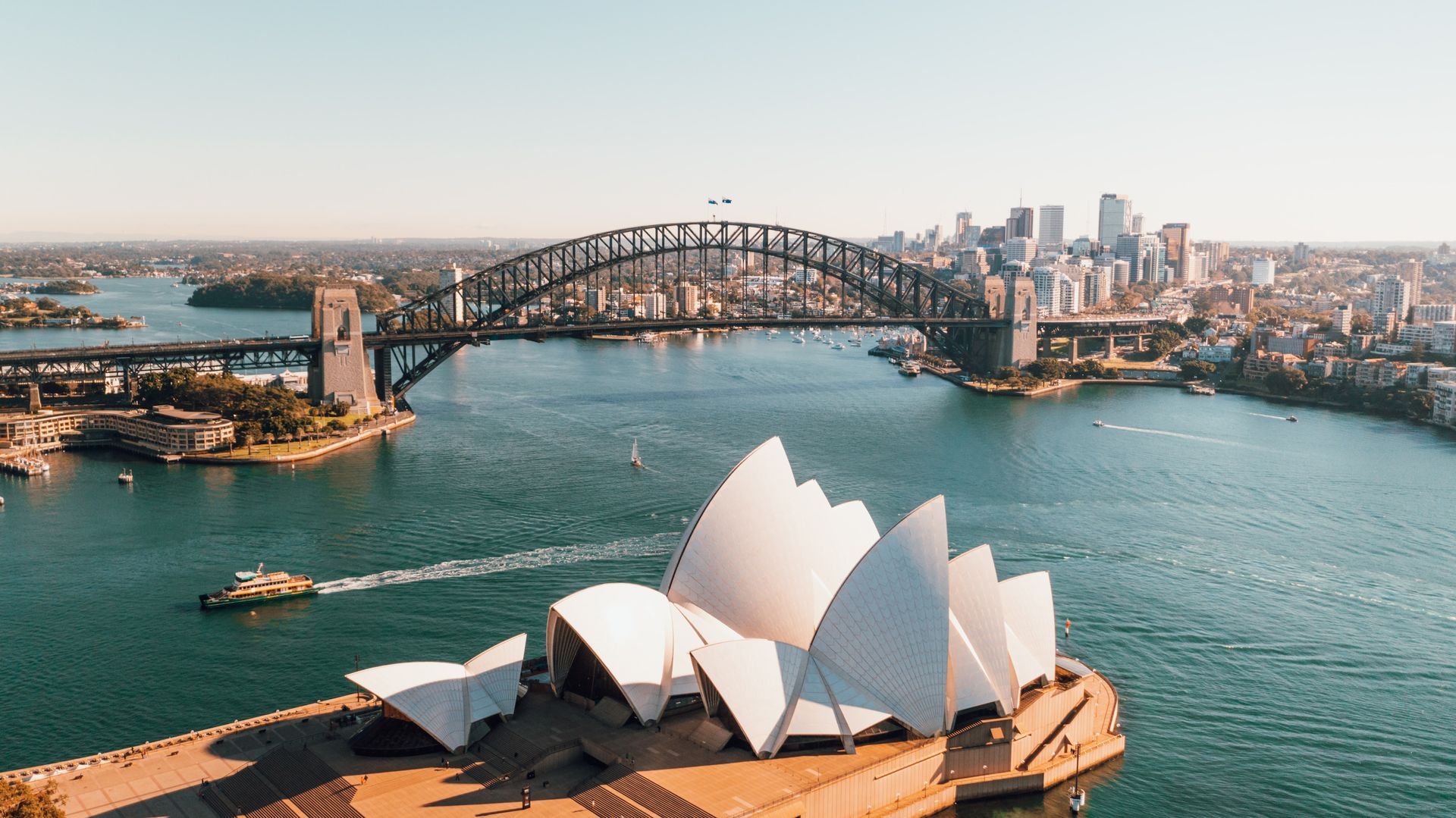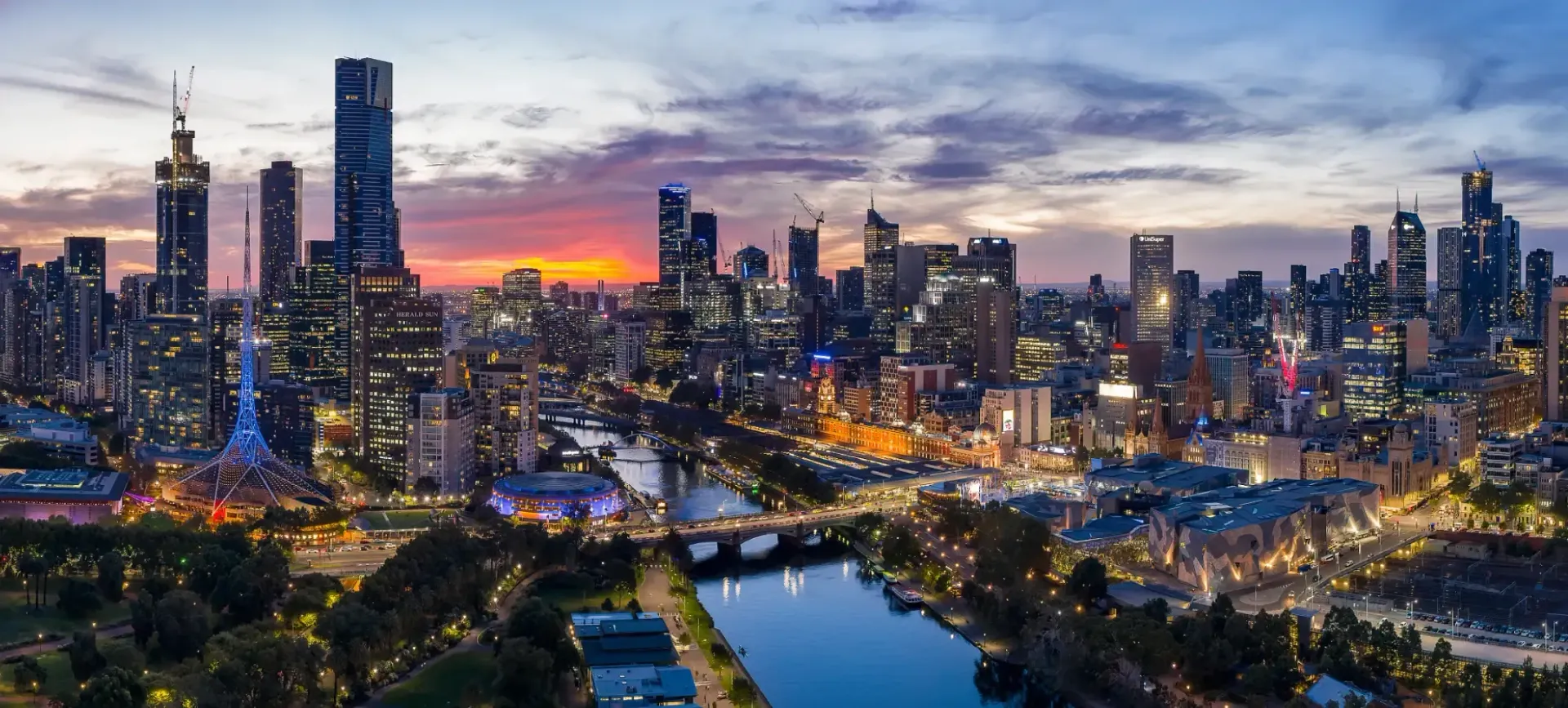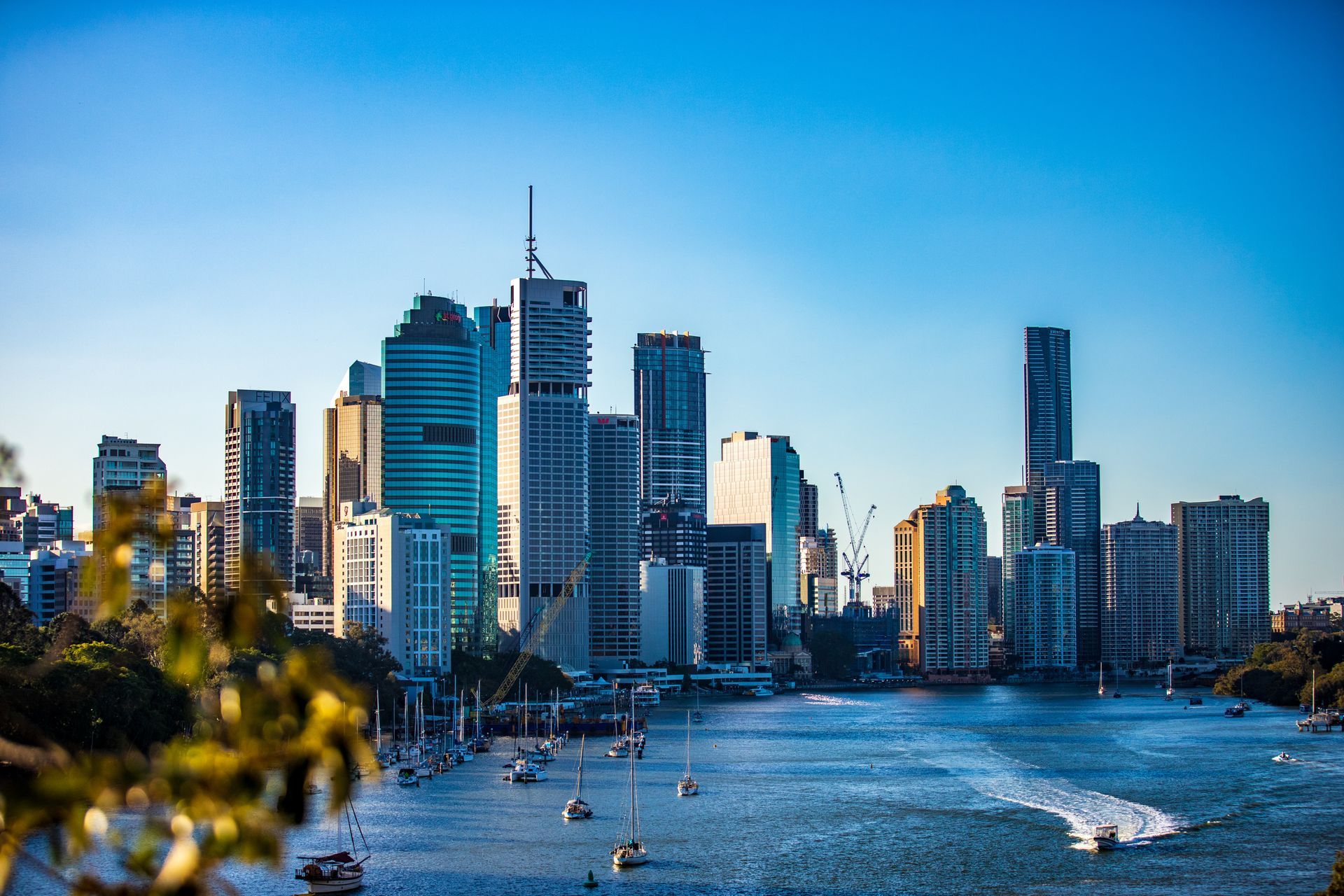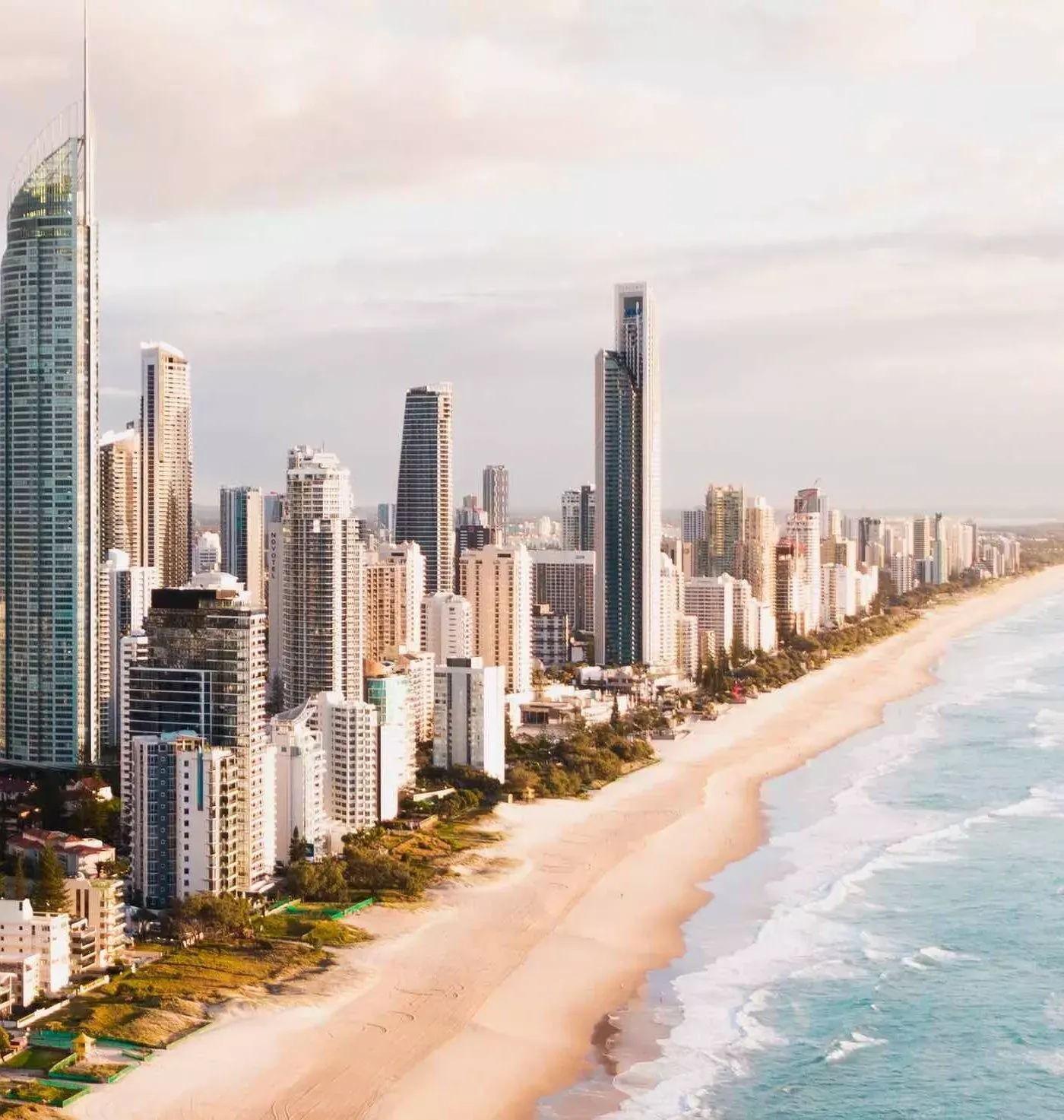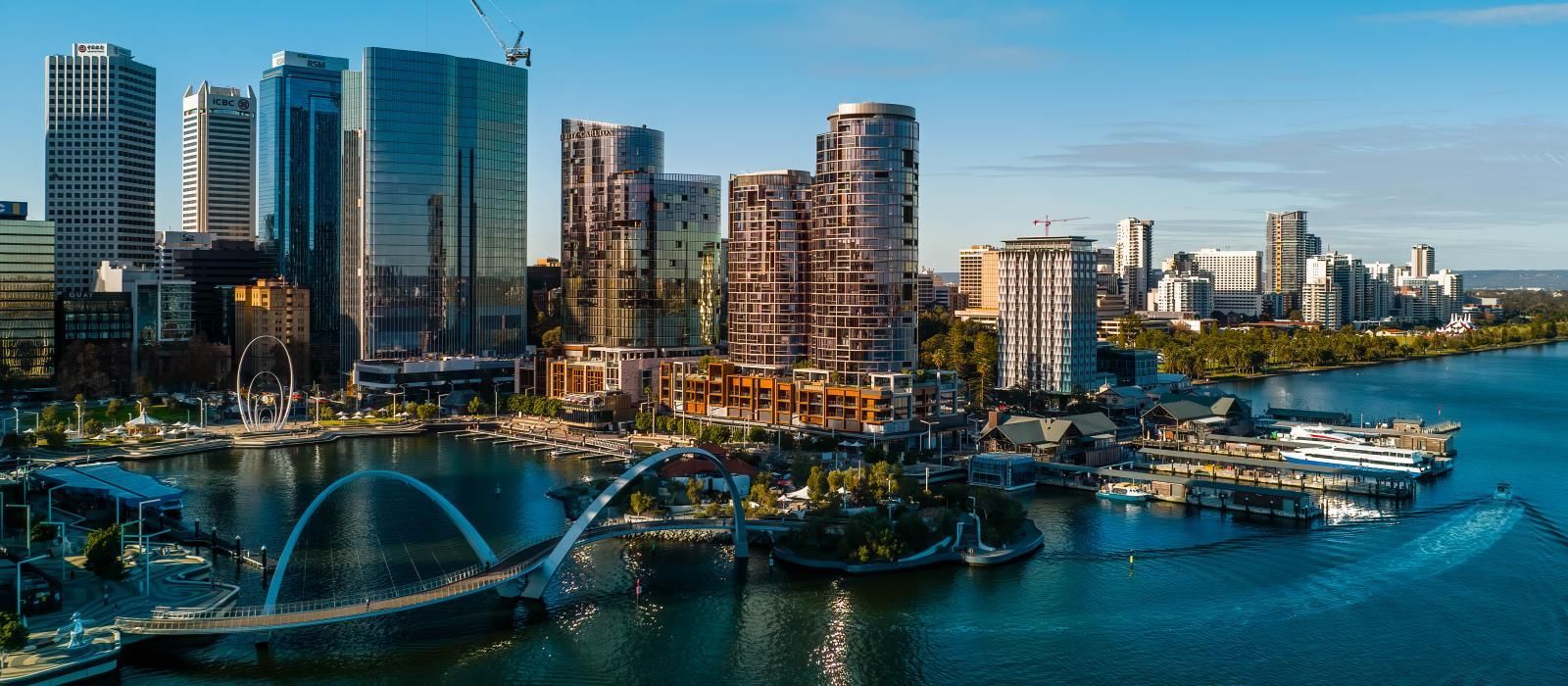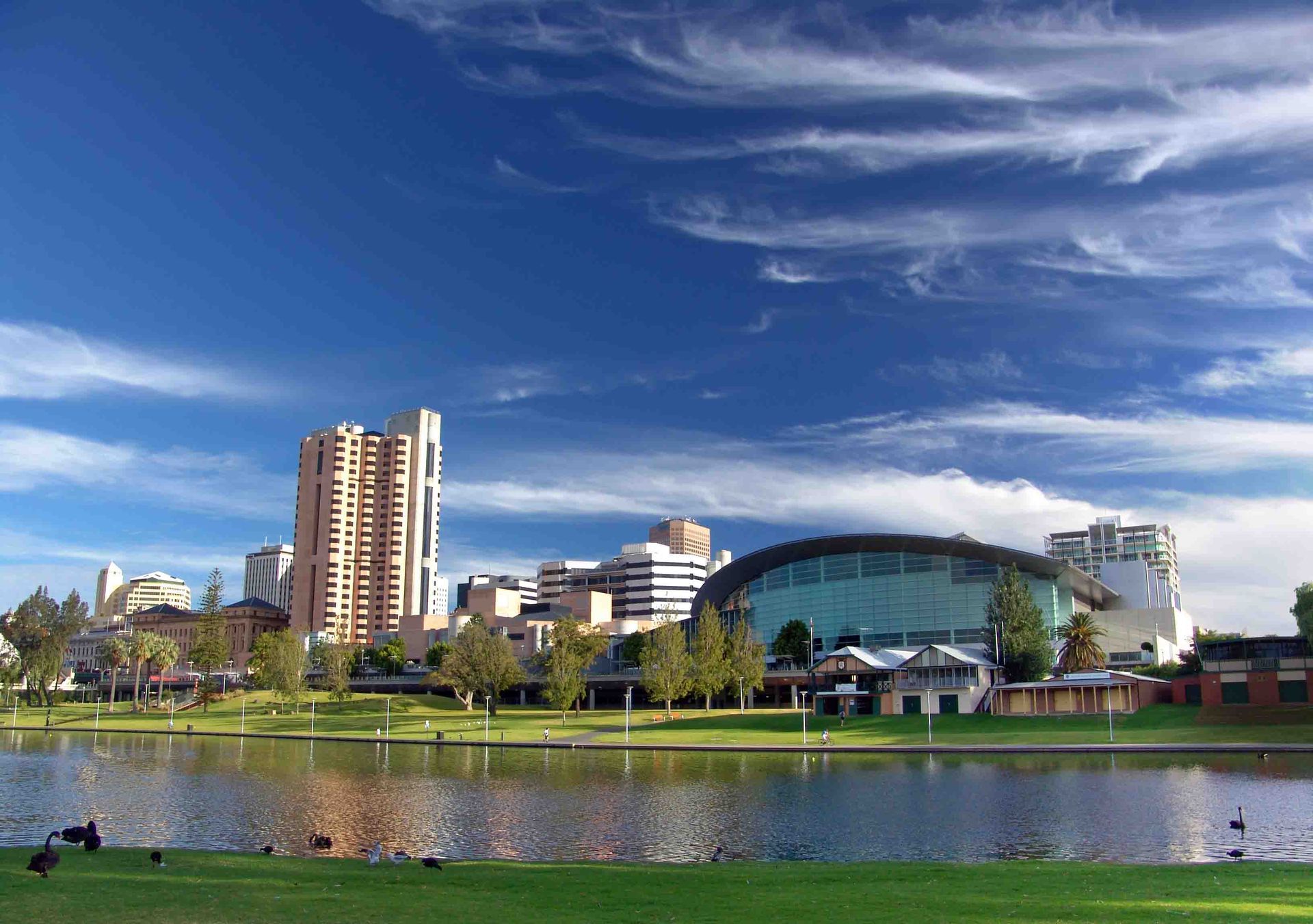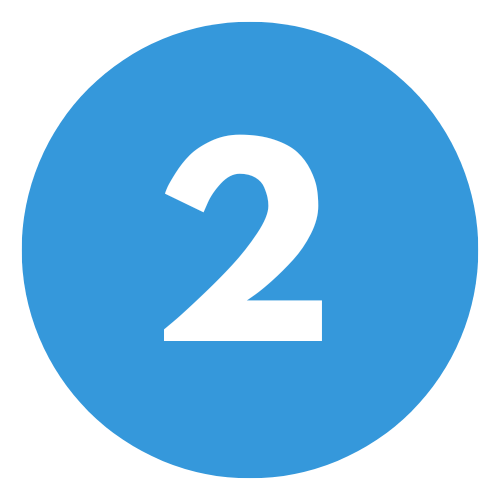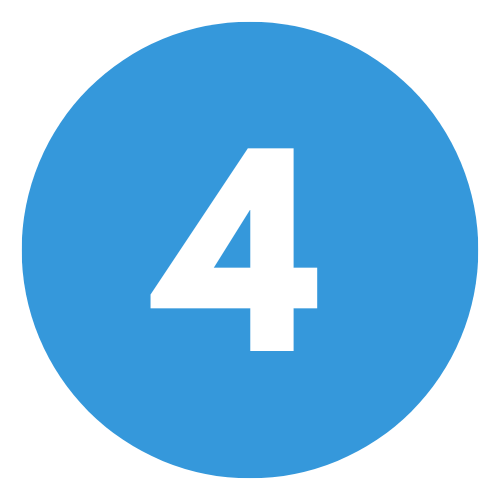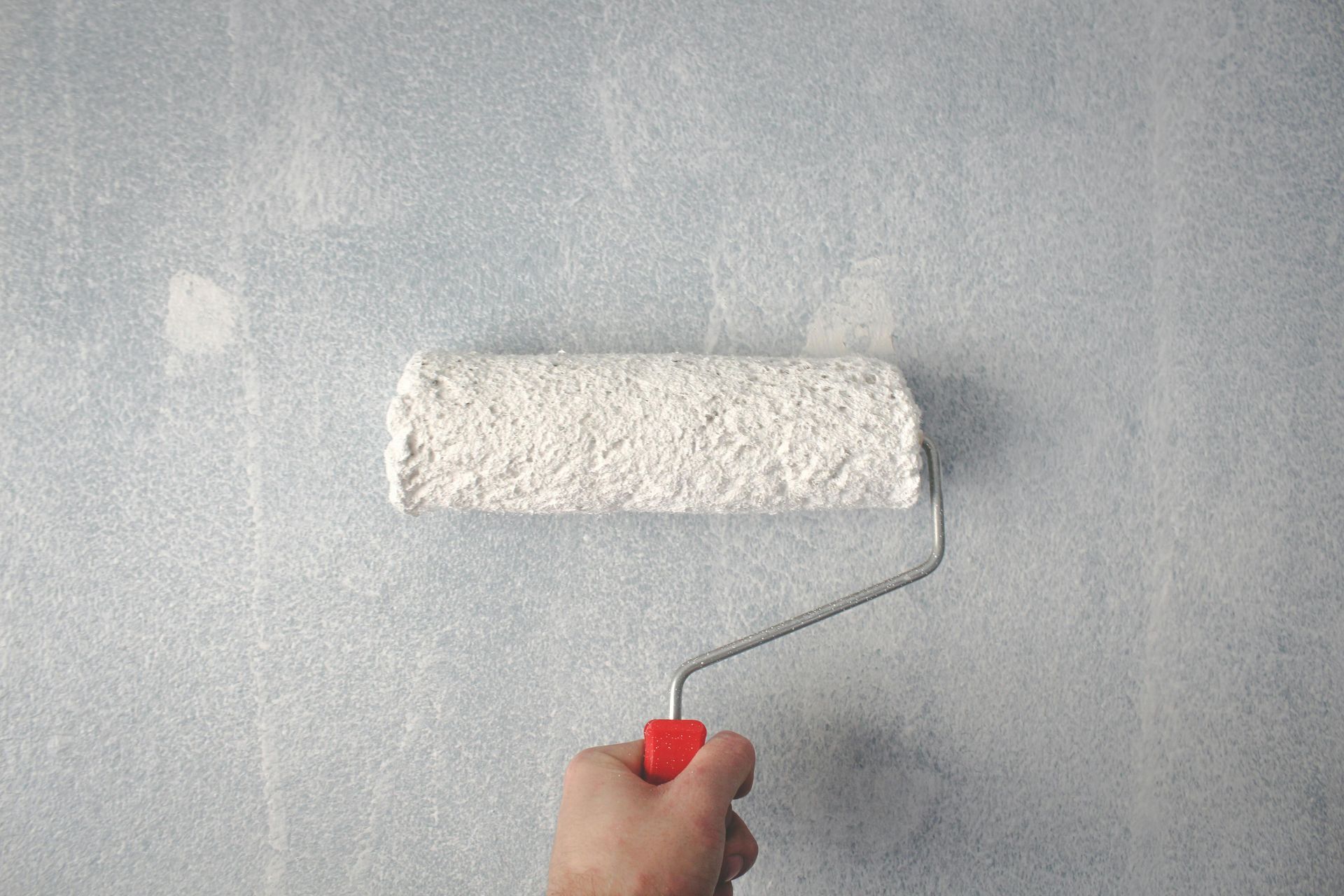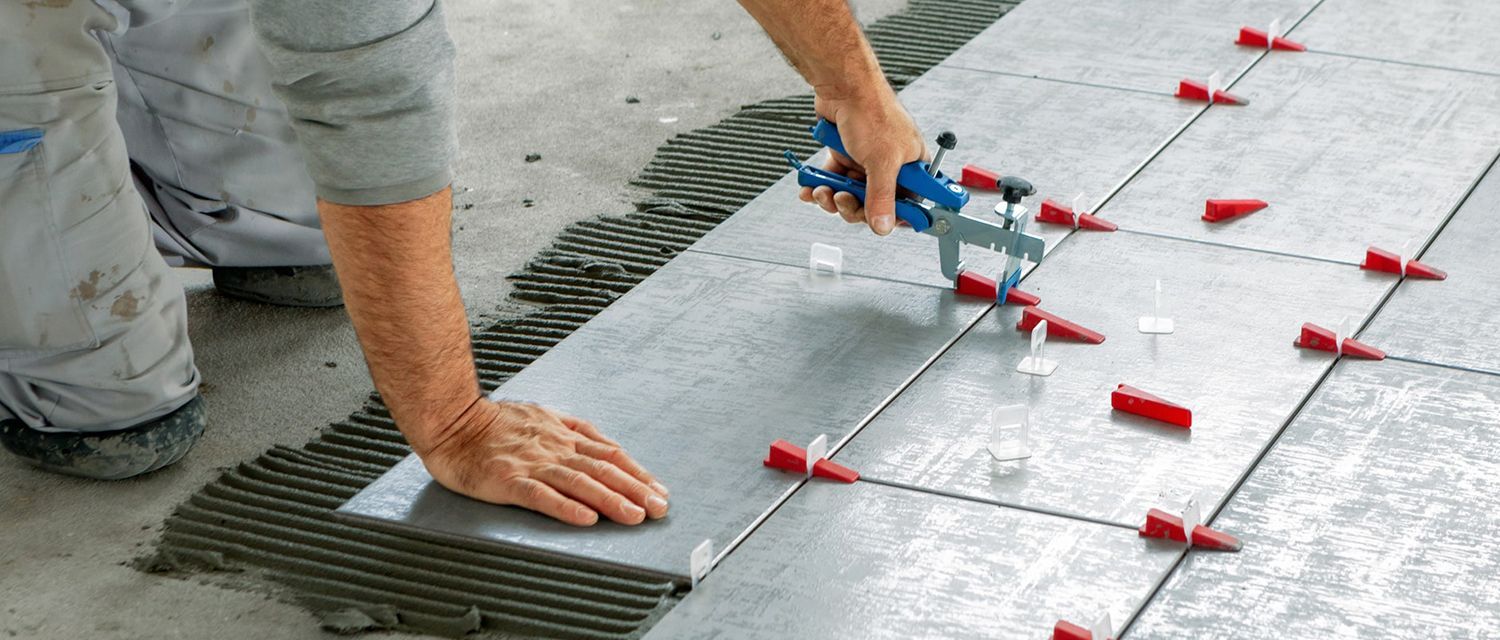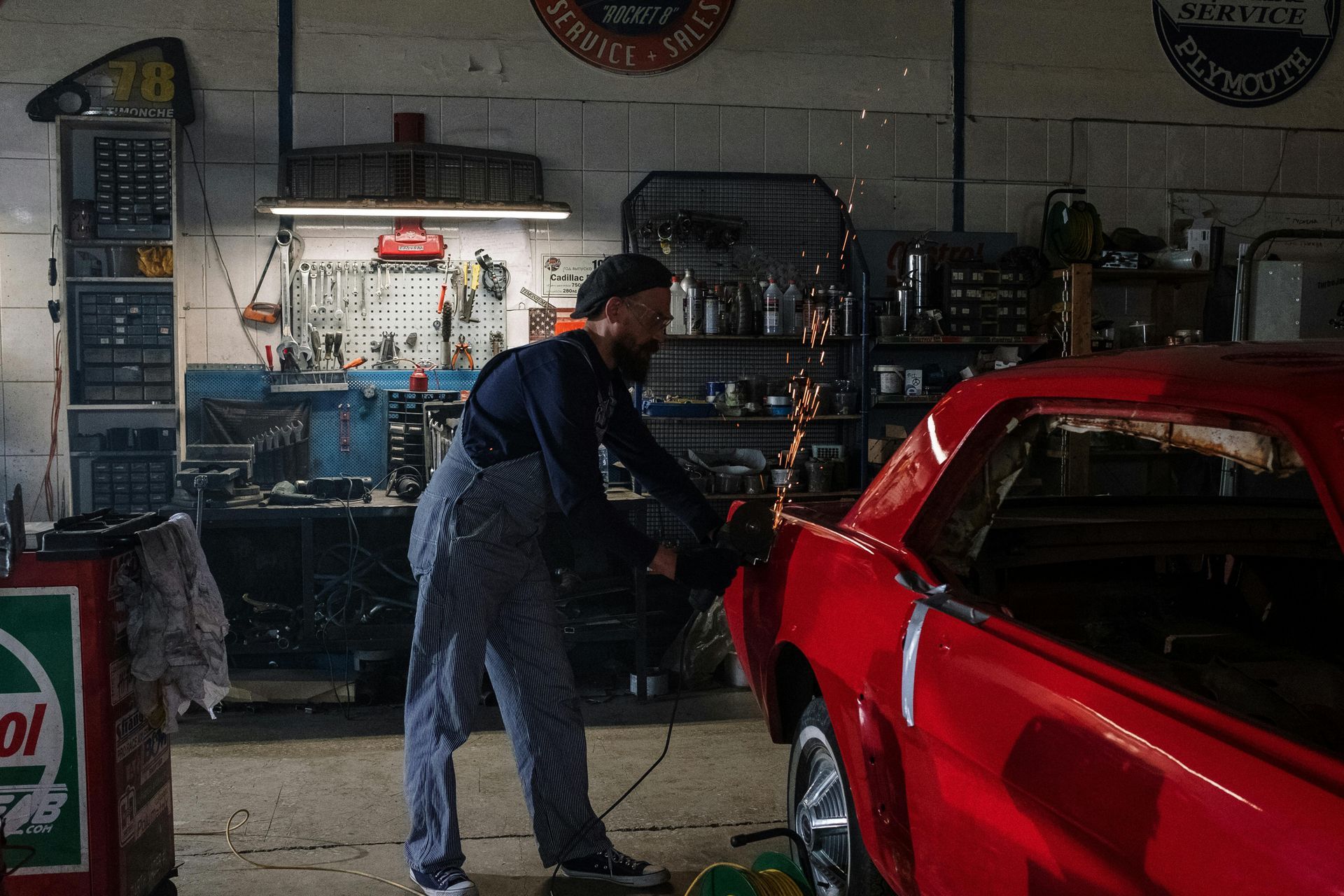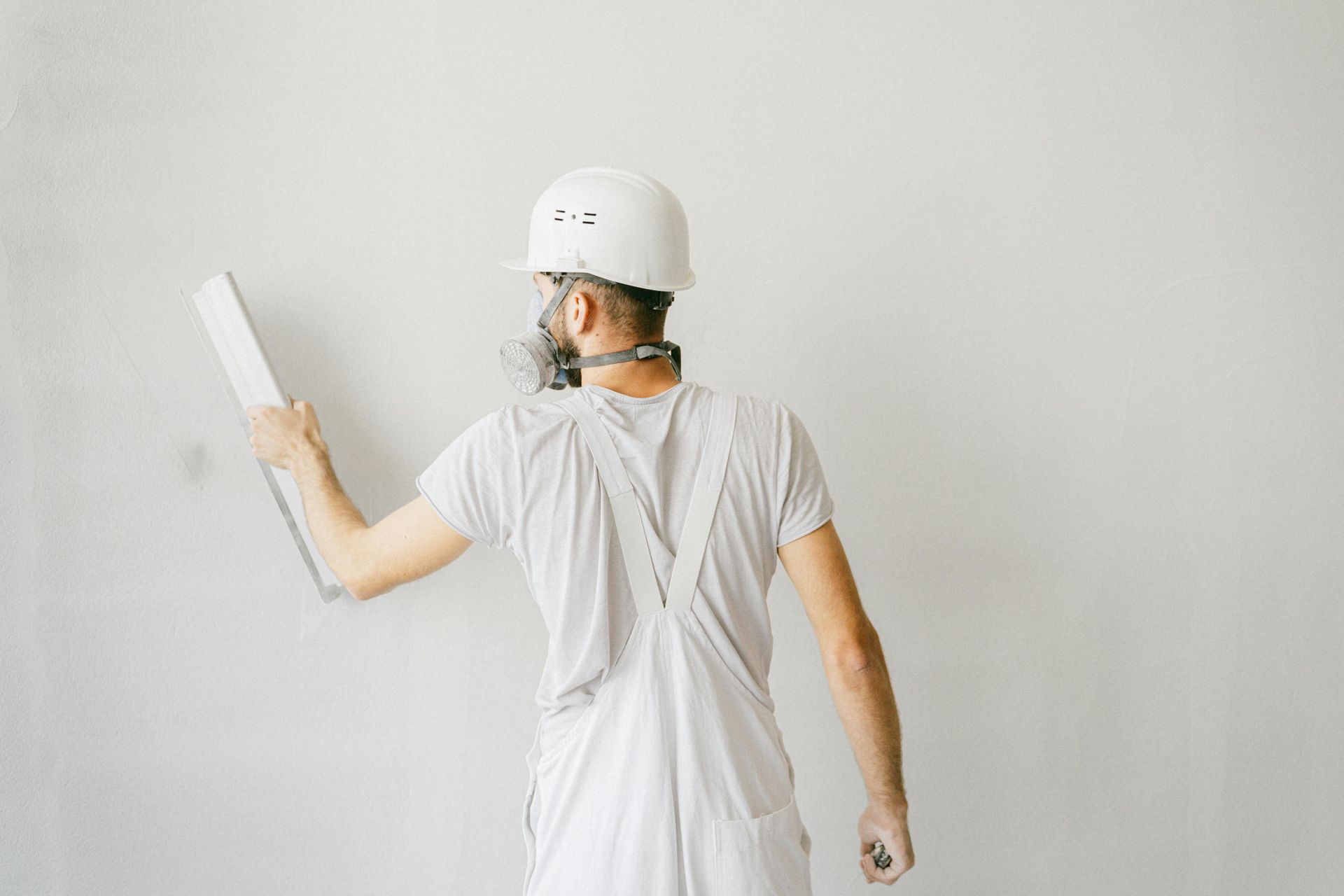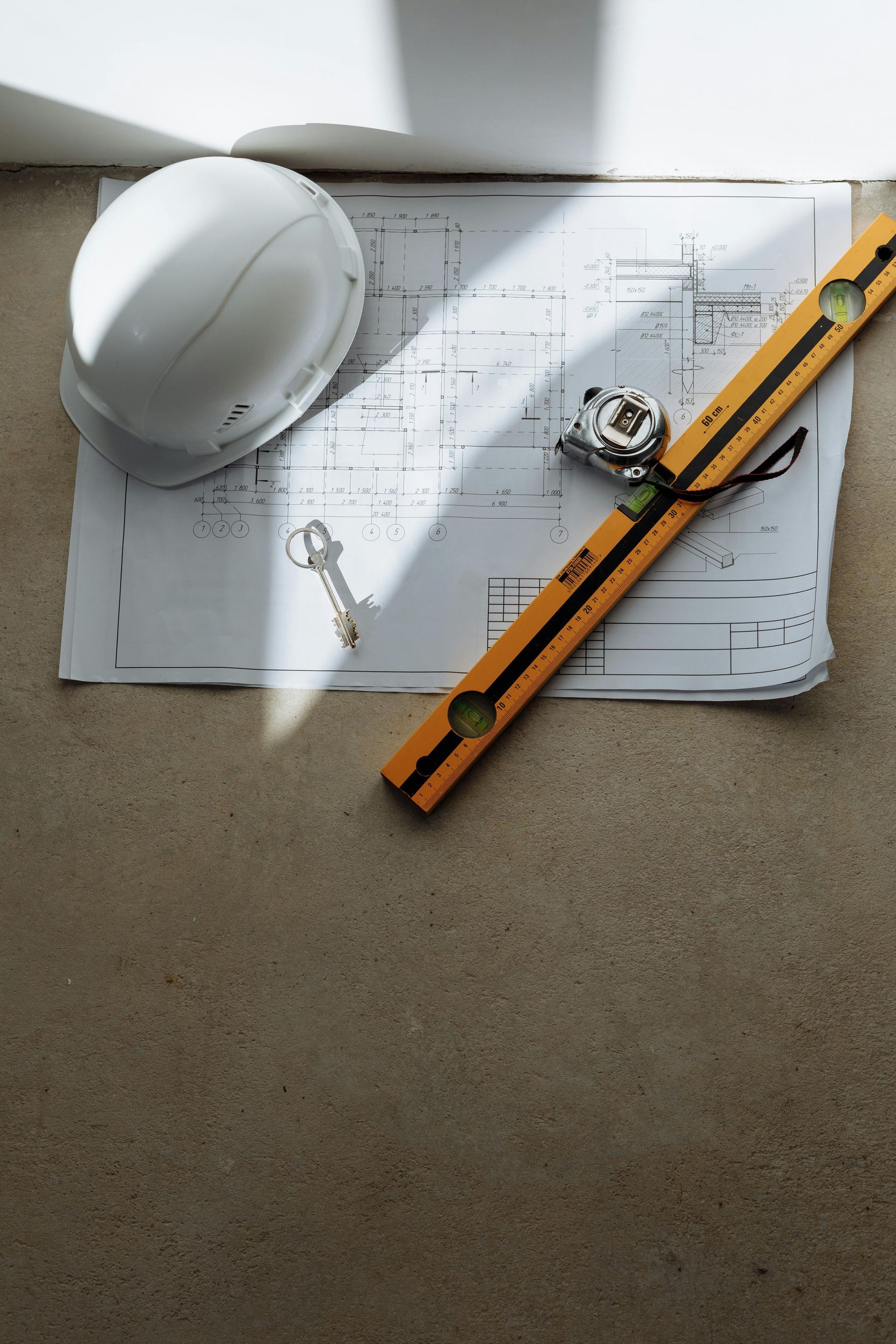FROM EXCHANGE TO RESIDENCE
Which city do you want to study?
Your Journey in
4 Stages
Enroll in a Course
First, you must enroll in a suitable course, one that prepares you for a profession that is on the Medium and Long-Term In-Demand Occupations List (MLTSSL).
Apply for Visa 485
After completing your course, you may be eligible to apply for a Temporary Graduate visa (subclass 485), which allows you to stay and work in Australia for a set period.
Take your Skills Assessment
Most technical professions require the Job Ready Program, which requires 12 months of paid work experience. This program can result in a positive skills assessment for migration purposes.
Place an EOI (Expression of Interest) for Visas 189, 190 or 491
Finally, after receiving a positive skills assessment, you may be eligible to apply for one of the skilled migration visas: Skilled Independent (subclass 189), State Nominated (subclass 190), or Regional Nominated (subclass 491). To do this, you'll need to submit an EOI.
Choose a course
Choose courses that meet the minimum 2-year study requirement and are related to occupations on the Medium and Long-Term Strategic Skills List (MLTSSL).
FREQUENTLY ASKED QUESTIONS
If you can't find the answer to your question, you can speak to one of our consultants.
What visa do I need to study in Australia?
The most common visa for international students is the Subclass 500 Student Visa. This visa allows you to study vocational courses, English courses, undergraduate or postgraduate degrees.
Are qualifications obtained in Australia recognized in other countries?
Yes! Australian qualifications are part of the Australian Qualifications Framework (AQF), which ensures the quality of education in the country.
These diplomas are recognized in several countries, including Europe and North America. However, recognition may vary depending on the regulations in your country of origin.
Can I include my partner and children on my student visa?
Yes! You can include your partner as a dependent on your student visa, as long as they prove a civil partnership (de facto) or marriage. Children up to 18 years of age can also be included as dependents.
How many days a week will I study?
The workload varies depending on the course and school. In general, courses last between 15 and 20 hours per week, divided into two to three days of in-person classes for vocational and university courses and five days per week for English classes.
Do I need to pay for the entire course at once?
No! Most courses offer payment plans, allowing you to pay monthly, quarterly, or semesterly.
⚠️ Please note: Students who are still outside of Australia (offshore) will usually need to pay a larger portion of the course fee in advance, before the visa is approved.
Can studying in Australia help you get permanent residency?
Yes! Studying a professional or vocational course that aligns with in-demand fields can increase your chances of obtaining a work visa or applying for permanent residency.
What is vocational placement?
It is the mandatory practical internship included in many vocational courses.
You'll be placed in a real company to gain hands-on experience in your chosen field. This internship typically lasts around 360 hours, depending on the program.
What types of vocational courses can I study in Australia?
You can study courses in administration, technology, healthcare, early childhood education, construction, hospitality, and more. They're focused on preparing you for the job market.
Do I need to take an English test to enroll in a course in Australia?
Yes, most institutions require a test like IELTS, PTE, or Cambridge. However, if you take an English course beforehand (a pathway), you may not need to take the test immediately.
How long does a vocational course last in Australia?
It depends on the course, but they generally last from 6 months to 2 years. You can combine courses to increase the total duration of your visa.
Can I work while studying in Australia?
Yes! With a student visa, you can work up to 48 hours every two weeks during classes, and full-time during vacations.
What happens if I change courses or schools in Australia?
It's possible, but there are rules. If you're in the first six months of your main program, you need permission from your current school. Always seek guidance before changing.
Can I renew my student visa within Australia?
Yes. You can apply to renew your visa while in Australia, as long as you have a valid visa and all the correct documentation.
Does studying in Australia help me apply for work visas later?
Yes! Some courses provide access to the Temporary Graduate Visa (subclass 485) and also help with professional validation (skills assessment) for applying for work or residence visas.
How does the process work to bring my family with me?
You can include your partner and children on your student visa. You must demonstrate a stable relationship/marriage, your children's education, and the financial means to support your family in Australia.
What is the average cost of a vocational course?
Tuition fees vary widely, but are generally between AUD$5,000 and AUD$15,000 per year. Most institutions offer installment payment plans.
Can I change my visa after studying?
Yes, depending on your course and personal situation, you can apply for a work visa, renew your student visa, or even apply for permanent residency.




